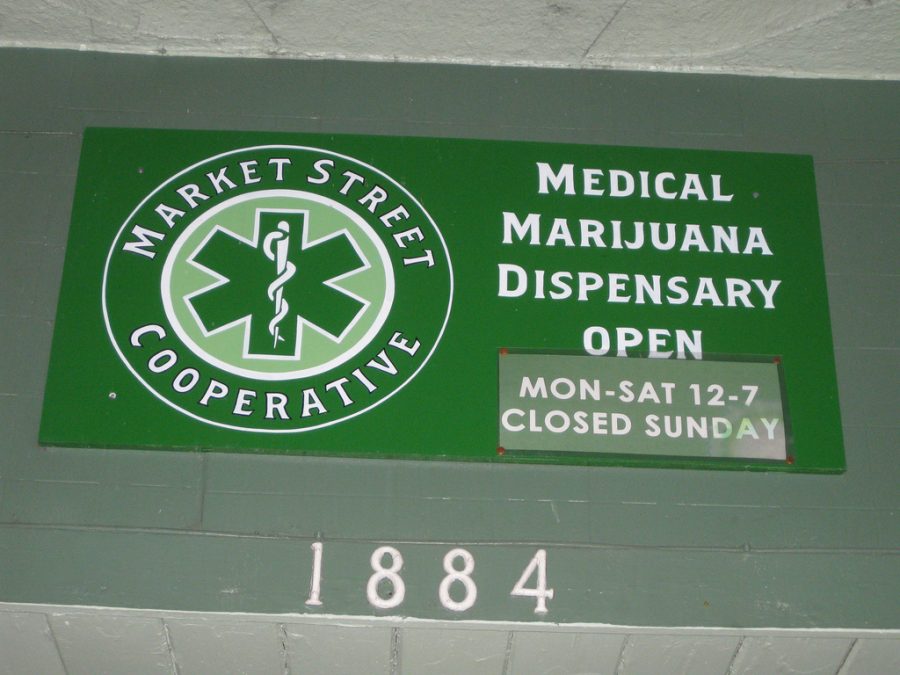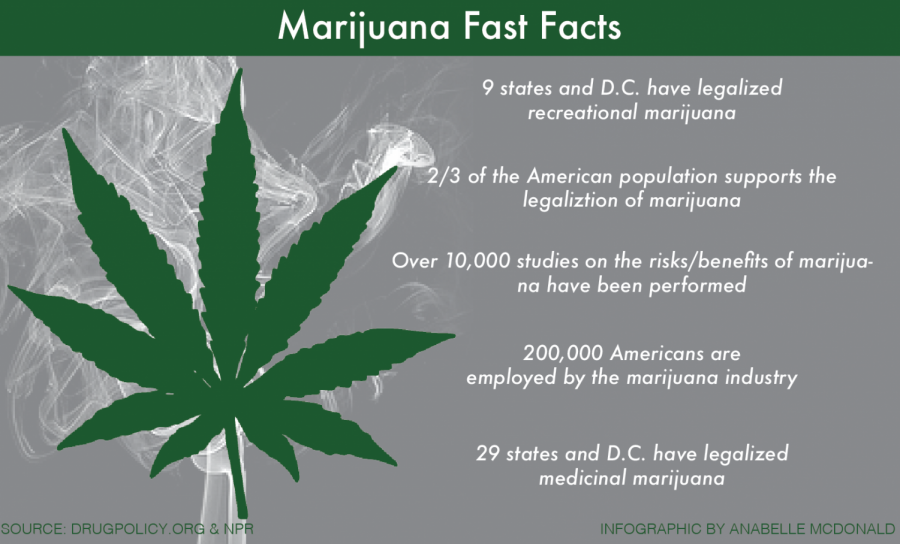The American attitude toward medical cannabis has gone through something of a sea change in the last decade. Today, with 25 states and the District of Columbia offering legal medical marijuana, significant issues in the licensing process are being laid bare. Although the possibility that the Wisconsin legislature passes some kind of marijuana reform legislation anytime soon is unlikely, it is still valuable to examine other states’ failed processes in anticipation that one day Wisconsin too will legalize medical cannabis.
Maryland, which recently announced the winners of the growers and processing licenses, revealed a number of flaws in the process. Limited licenses, burdensome regulation and expensive fees all contribute to a system that excludes minorities and small-business owners while insulating politicians and influential individuals from competition.
The commission only awarded 15 processing and 15 growing licenses out of a pool of nearly 150 and 124 applicants, respectively. Each license pays a $125,000 fee per year to maintain a grower’s license while it’s $40,000 a year for a dispensary license. Applicants were subjected to extensive background checks and stringent business plan scrutiny. The result speaks for itself. None of the licensed companies are owned by an African American. A number of the winners are major political donors, millionaires and former government officials. In fact, a lot of the security personnel at these facilities are ex-law enforcement. So those traditionally prosecuted for marijuana-related crimes are being excluded but those who made a career out of enforcing prohibition will profit.
Regulations are often great in theory but terrible in practice. For instance, the Maryland Medical Marijuana Commission weighed geographical diversity significantly when choosing winners. At face value this seems good, as it ensures that the industry spreads economic benefit to all parts of the state, even rural counties. What it ended up doing was allowing people with no connections to sparsely populated counties to use them to gain a competitive edge in the licensing process.
Political cronyism and gamesmanship are nothing new in Maryland, or any state for that matter.
If this process was simply to decide who was first in the door for medical marijuana, then it would probably be effective. The problem is that Maryland is likely going to fully legalize marijuana in the near future. These companies aren’t paying exorbitant fees in order to sell medical marijuana. They want to establish their brand for when marijuana is fully legalized.
Essentially, by implementing medical marijuana and remaining on a path toward fully legalizing it, Maryland has created a system that allows rich investors to establish their businesses with a guarantee of very little outside competition.
Regulation is generally a good thing. Making sure that every company that sells medical marijuana is properly vetted is a laudable goal. In practice, however, strict regulation and limited license allocation excludes minority and small-business owners from participating in this burgeoning new industry. If politicians want to create a heavily regulated industry, they must work to ensure inclusivity.




